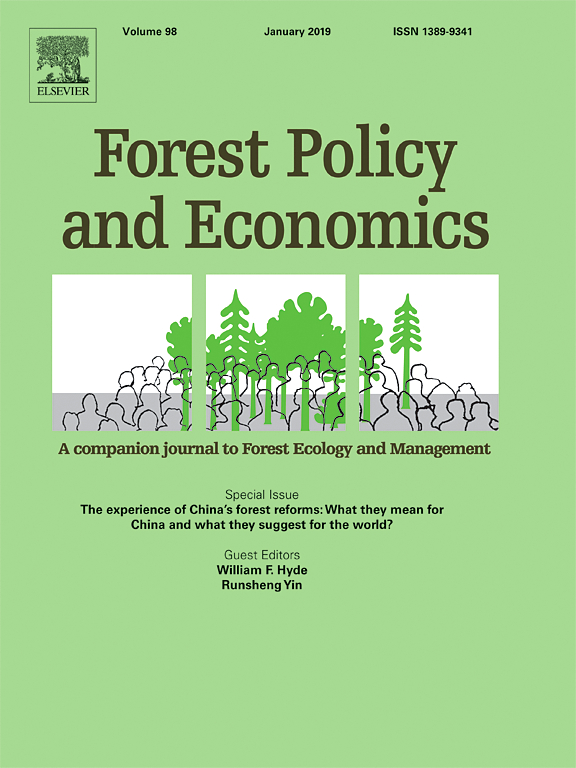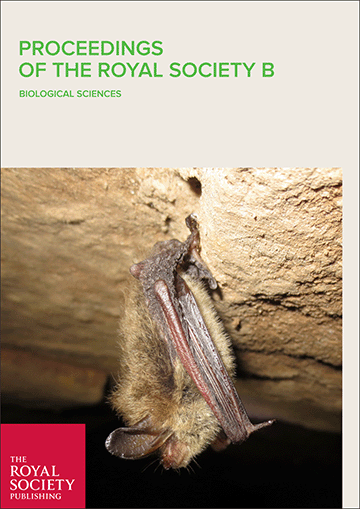This paper draws on a case study of the Brazilian Amazon to assess how two widely promoted strategies to govern tropical forests - non-state certification and state-based legality initiatives - interact with tropical wood production systems and the implications this holds for reducing deforestation and degradation and for local benefit-sharing. The assessment is guided by an analytical framework that predicts the relevance and receptiveness of different timber supply chains to current systems of trade-based governance. We find that Brazil's efforts to control illegal deforestation through satellite monitoring have contributed significantly to reducing deforestation, but the effects on degradation are less clear. Efforts focused on the timber supply chain, including certification and legal verification of traded timber, have been limited by the fragmented nature of Amazonian wood production. Both certification and legality verification favor large producers and concentrated supply chains destined for external markets (e.g. pulp and paper and high-value tropical sawnwood), while extensive legal requirements inhibit local benefit-capture. In order to prevent the means of forest governance (i.e. certification and law enforcement) from trumping its commonly stated ends (sustainable forest management and local welfare), there is a need to prioritize the generation of local benefit from locally adapted production systems.
DOI:
https://doi.org/10.1016/j.forpol.2014.05.011
Altmetric score:
Dimensions Citation Count:
























